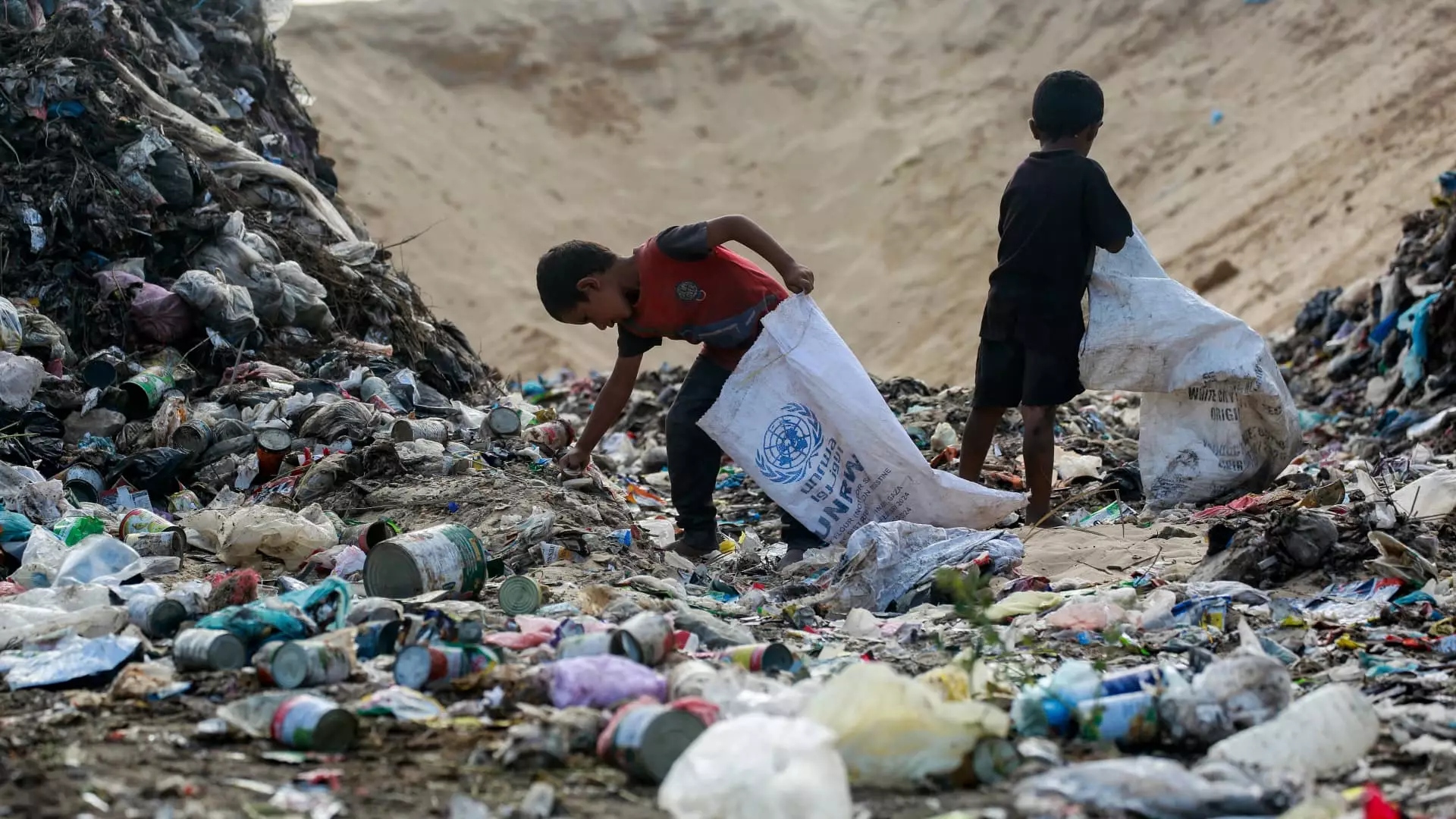In recent developments regarding the Israeli-Palestinian conflict, the Biden administration has expressed significant concerns about the dire humanitarian situation in Gaza. Officials have warned that if conditions do not improve within the next thirty days, the United States may consider restricting military assistance to Israel. This warning, articulated in a letter from Secretary of State Antony Blinken and Defense Secretary Lloyd Austin, highlights an evolving stance that underscores the importance the U.S. places on humanitarian aid amid military engagements.
The U.S. has a legally mandated obligation to assess whether its military assistance to Israel is indirectly contributing to obstructing humanitarian aid delivery to Gaza. This obligation not only aims to ensure that aid flows freely but also recognizes the potential complicity of military funding in exacerbating humanitarian crises. This latest letter serves as a stark reminder that the U.S. government is increasingly aware of the intricate balance between supporting an ally and addressing humanitarian imperatives.
The situation in Gaza has deteriorated alarmingly since the escalation of hostilities that began on October 7, 2023. Reports from the Hamas-run Gaza Ministry of Health indicate that over 42,000 deaths have occurred, highlighting the catastrophic toll of the ongoing conflict. The humanitarian crisis unfolding in the region has prompted increasing scrutiny not just from foreign nations but also from various non-governmental organizations (NGOs) and advocacy groups around the globe.
In tandem with the warnings issued to Israel, the Biden administration is simultaneously increasing military support, as evidenced by the recent deployment of an advanced anti-missile system and approximately 100 troops to assist their Israeli counterparts. This dual approach raises critical questions about the efficacy of U.S. military aid in the context of a mounting humanitarian crisis. The juxtaposition of military support with pleas for improved humanitarian conditions appears contradictory and may be indicative of a larger struggle within the U.S. administration regarding how to navigate its foreign policy effectively.
Domestic political pressures are also shaping U.S. policy decisions. Calls from progressive members of the Democratic Party, along with grassroots advocacy organizations, have intensified, urging the Biden administration to leverage military funding as a means of compelling Israel to halt its military operations in Gaza. The advocacy group’s stance illustrates a significant shift in public sentiment, reflecting growing concerns among Americans regarding the ethical implications of U.S. arms sales to Israel.
As American civil society engages more deeply with the complexities of the Israeli-Palestinian conflict, there has been a palpable increase in advocacy for a reevaluation of longstanding policies. Organizations like IfNotNow argue that the Biden administration’s responsiveness to public pressure must translate into concrete policy changes. Their assertion that the administration’s inaction only exacerbates the humanitarian crisis shows the urgency of these discussions, especially as the death toll in Gaza continues to rise.
On the global stage, the discourse surrounding the humanitarian situation in Gaza has been impossible to ignore. International organizations, including Oxfam and ActionAid, have condemned the situation, with emphatic calls for immediate intervention by global leaders. They characterize the assault on Gaza as a catastrophic attack that threatens to erase entire communities, framing it as a moral and humanitarian imperative that extends beyond the region.
The Biden administration’s outreach amid these developments signals an attempt to balance its strategic alliances with ethical responsibilities. It suggests a recognition of the changing landscape of international relations where humanitarian considerations might force a reconsideration of military strategies.
The tightening grip of humanitarian crises on U.S.-Israel relations points to a complex and nuanced reality faced by American policymakers. As the Biden administration grapples with mounting pressure both domestically and internationally, it remains to be seen how effectively it will respond to these challenges. The intersection of military assistance, humanitarian obligations, and public opinion will undeniably shape future U.S. foreign policy in the region.



Leave a Reply